Copyright Infringement and Remedies in Nigeria
IPilogue
FEBRUARY 4, 2022
Rosemary Nkechi Ogueri is a litigation lawyer and a legal associate at Ogunwale & Associates Law Firm in Nigeria. Copyright infringement is the violation and piracy of an author’s exclusive right through the unauthorized use of a Copyright-protected work.

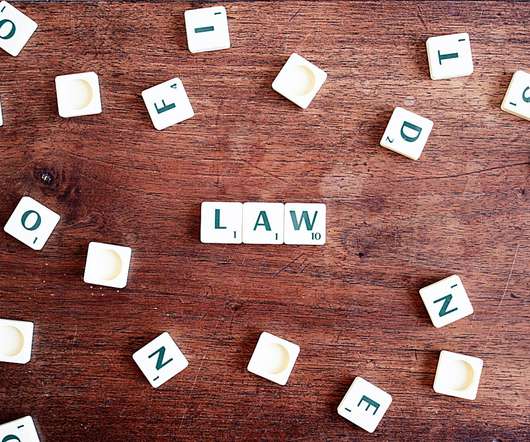
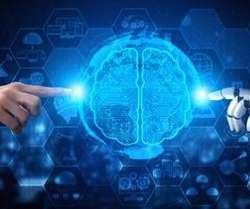
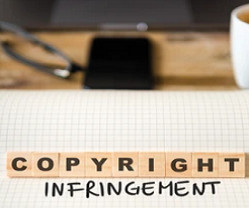
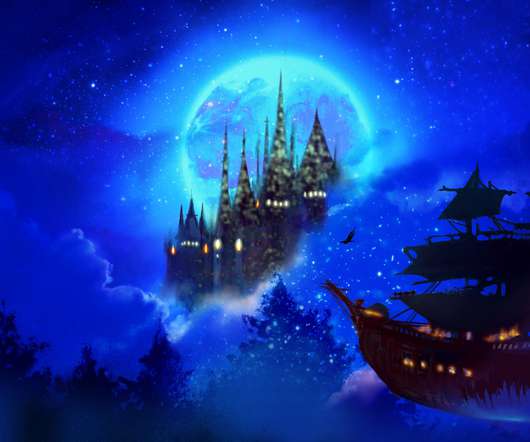
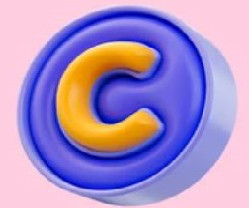
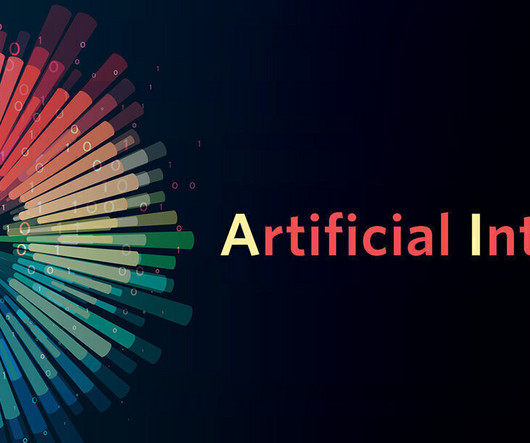






Let's personalize your content